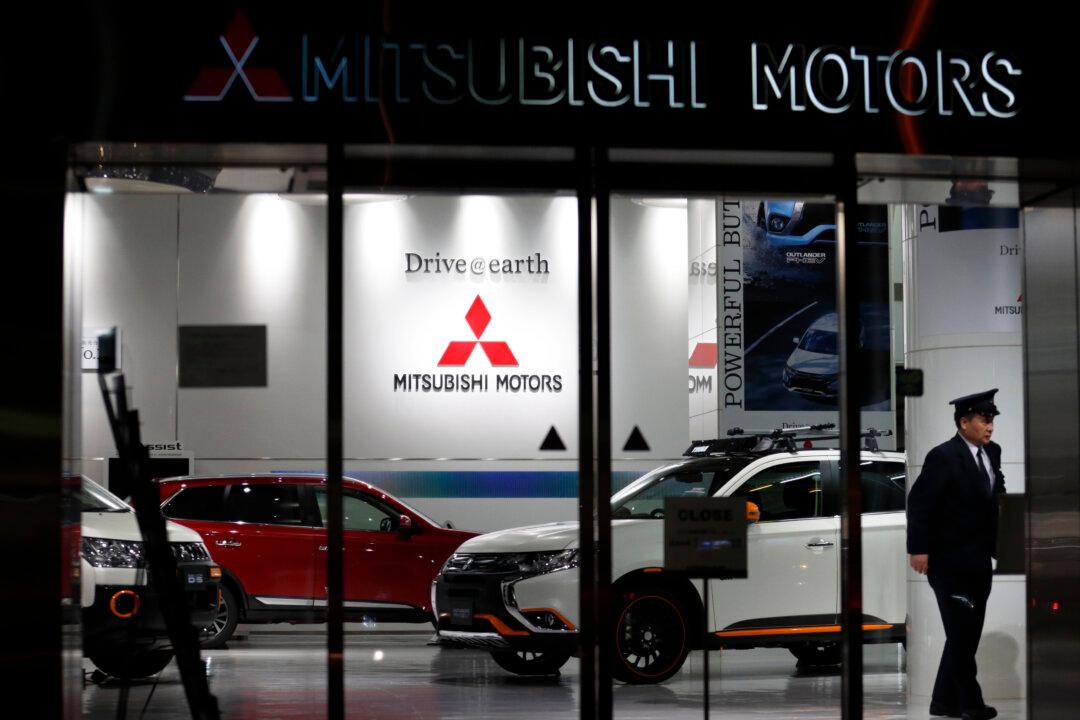After Japanese air-conditioning giant Daikin and technology giant Sony left China, Japanese media has reported that Mitsubishi Motors may cease production in the country.
In recent years, Japanese companies have left China one after another. Experts believe that as geopolitical tensions intensify, the “political cold yet economic hot” relations between Japan and China will change. Japan’s key supply chains will gradually separate from China, de-risking in the short term and decoupling from China in the long term.




